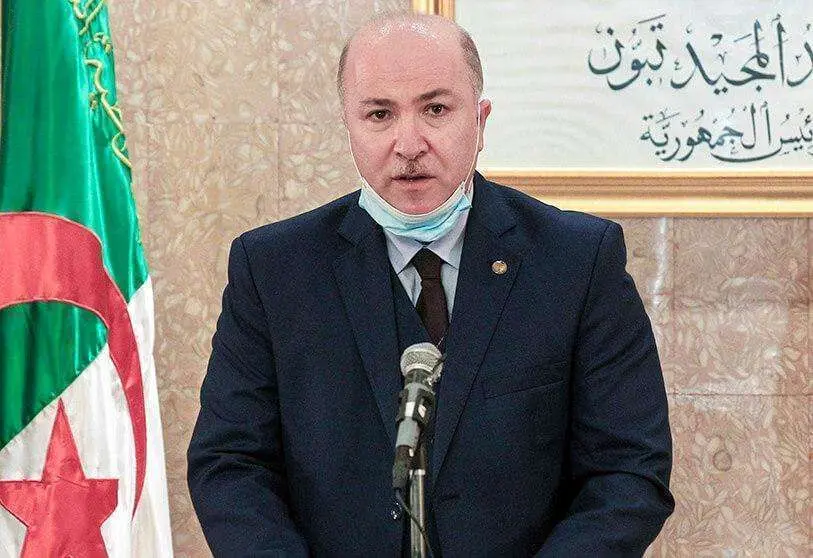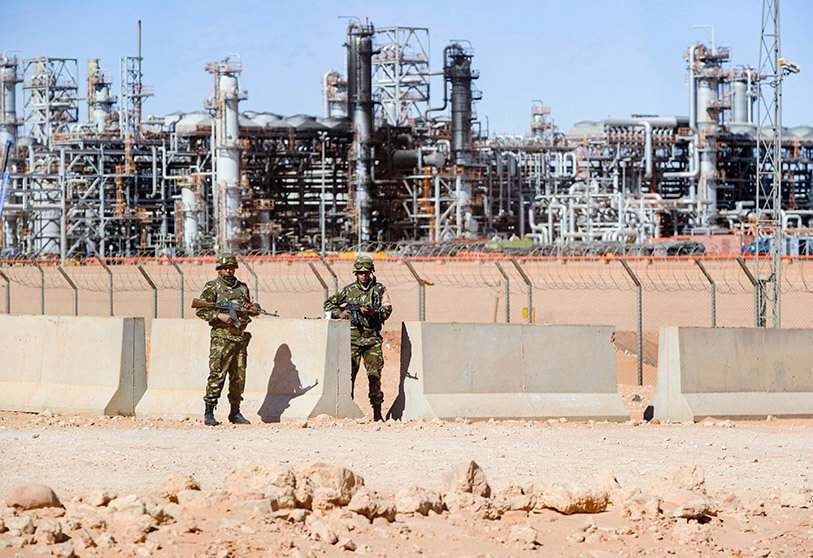Argelia y Marruecos: la fractura en el tablero norteafricano

Algeria announced the severance of diplomatic relations with Morocco, a confirmation that had been brewing for some months on Algeria's part and which shocked a Morocco that had shown itself to be conciliatory and fraternal in building future relations with its neighbour. In the speech delivered by the Moroccan king, Mohammed VI, on the occasion of Throne Day, the monarch had been hopeful, saying he wanted to "work together, as soon as he deems appropriate, to develop fraternity in the relations that our peoples have built through years of common struggle".
However, Algeria has unilaterally taken the decision to break off diplomatic relations with Morocco, accusing Rabat of "inciting and violating the good neighbourhood treaty". In this regard, Algeria's foreign minister, Ramtane Lamamra, claimed at a press conference that the Moroccan authorities "have given a pass to foreign military forces in the Maghreb" and that "Morocco's hostile actions include cooperation with the MPAK and Rashad terrorist organisations in Algeria".

Following the announcement of the dissolution, the Moroccan Foreign Ministry announced in a statement that it had "taken note of the unilateral decision taken by the Algerian authorities to break off diplomatic relations with Morocco". To this, the ministry added that it is a "completely unjustified and expected decision in light of the logic of the escalation observed in recent weeks, as well as its impact on the Algerian people". It adds that the kingdom "categorically rejects the false and even absurd pretexts behind the decision".
To this it adds that, 'the Kingdom of Morocco remains a reliable and loyal partner of the Algerian people, and continues to work wisely and responsibly for the development of healthy and fruitful Maghreb relations'.

Yet these disagreements are not new between the two Maghreb countries. Since the independence of the two states, the two interests have clashed over the control of territories rich in minerals, hydrocarbons and oil. These aspirations, along with Morocco's subsequent desires for Western Sahara, have led to a series of armed conflicts between the two states. It was not until Mohamed VI and Bouteflika came to power in Morocco and Algeria respectively that the international arena expected a new diplomatic process of hope. However, misunderstandings have occurred repeatedly in recent decades, characterised by tense calm relations.
Even so, the Algerian minister made it clear that "despite the great wounds caused by this armed confrontation, Algeria has endeavoured to establish normal relations with its Moroccan neighbour, as is the case with the Treaty of Brotherhood, Good Neighbourliness, cooperation and border demarcation". The communiqué of the Algerian presidency expressed that "due to Morocco's repeated hostile actions against Algeria", it was decided "to reconsider relations between the two countries and to intensify security control at the western borders".

In this term, Morocco distanced itself from its neighbouring country's strategy in favour of building relations with the West, while Algeria took a different course and continued with a foreign policy focused on Eastern countries.
In recent months, the rift between the two countries has been announced in various statements issued by the Algerian government. In the communiqué, Algeria once again recalled the support given by the Moroccan ambassador to the UN to the self-determination of what he described as "the brave Kabyle people". These statements prompted Algeria to withdraw its ambassador to Rabat for consultations and indicated that it did not rule out "taking other measures depending on the development of the case, in the context of the statements".
The Kabylia region, located in the north of Algeria and with a majority Berber population, has maintained important demands for autonomy that Algeria does not support. Moreover, the MPAK's adoption of positions increasingly close to pro-independence ideologies has led the new government in Tebboune to classify it as a "terrorist organisation" in May 2021 for carrying out "hostile and subversive acts".

In addition, Algeria recently announced that it would not renew the contract for the GME gas pipeline that runs through Morocco in October, which means that Algeria will only supply Spain with gas through the Megdaz pipeline, thanks to a new route inaugurated in May.
Algeria's severing of relations is nothing new in historical terms between the two countries. The confirmation of the rupture is evidence of the fragility and tension between the Maghreb countries in their bid to become the hegemonic power in the Maghreb, which means that the region remains disunited to the disadvantage of its citizens who, as a result of this discord, will suffer the diplomatic consequences and what this means in terms of non-cooperation.










